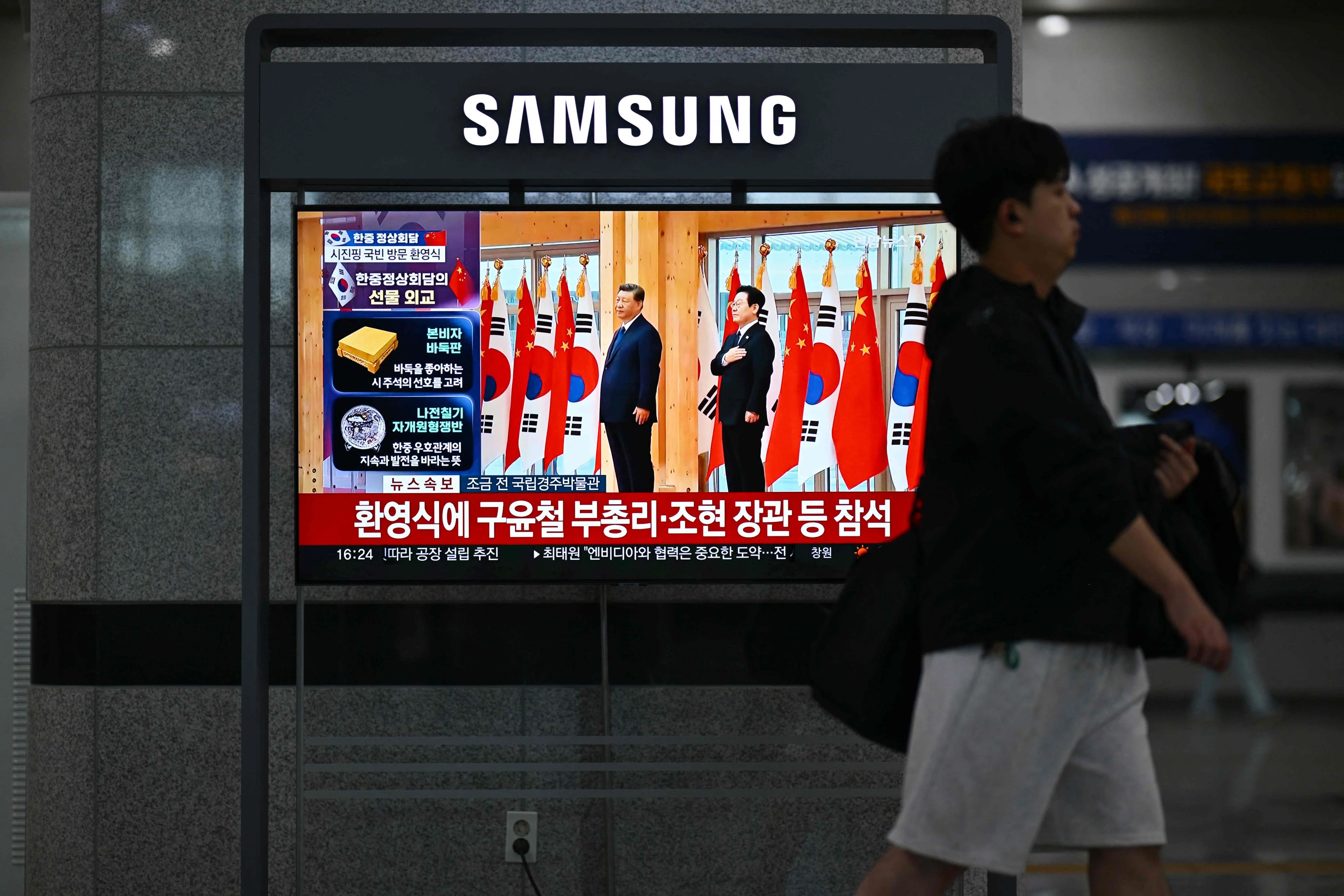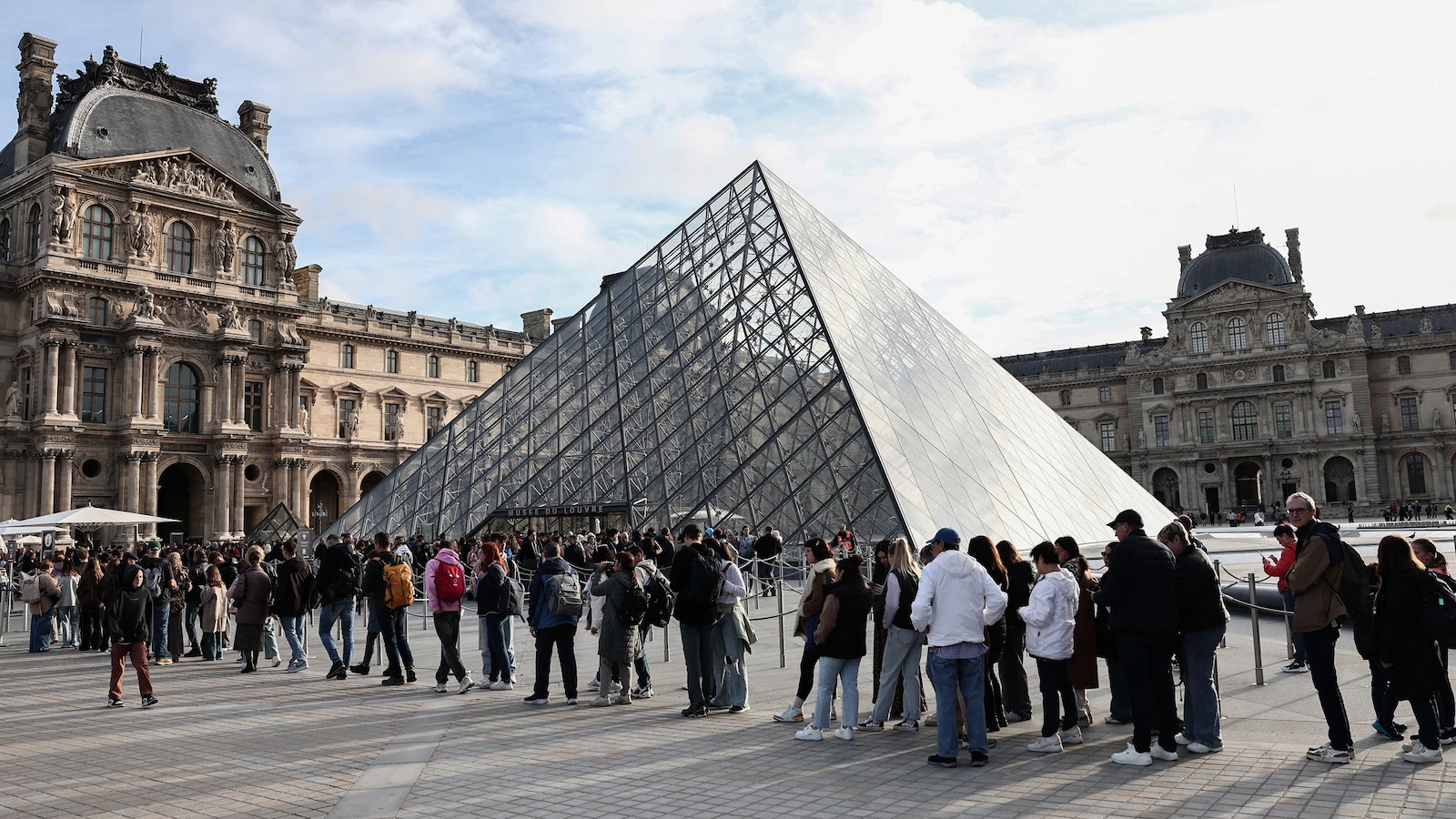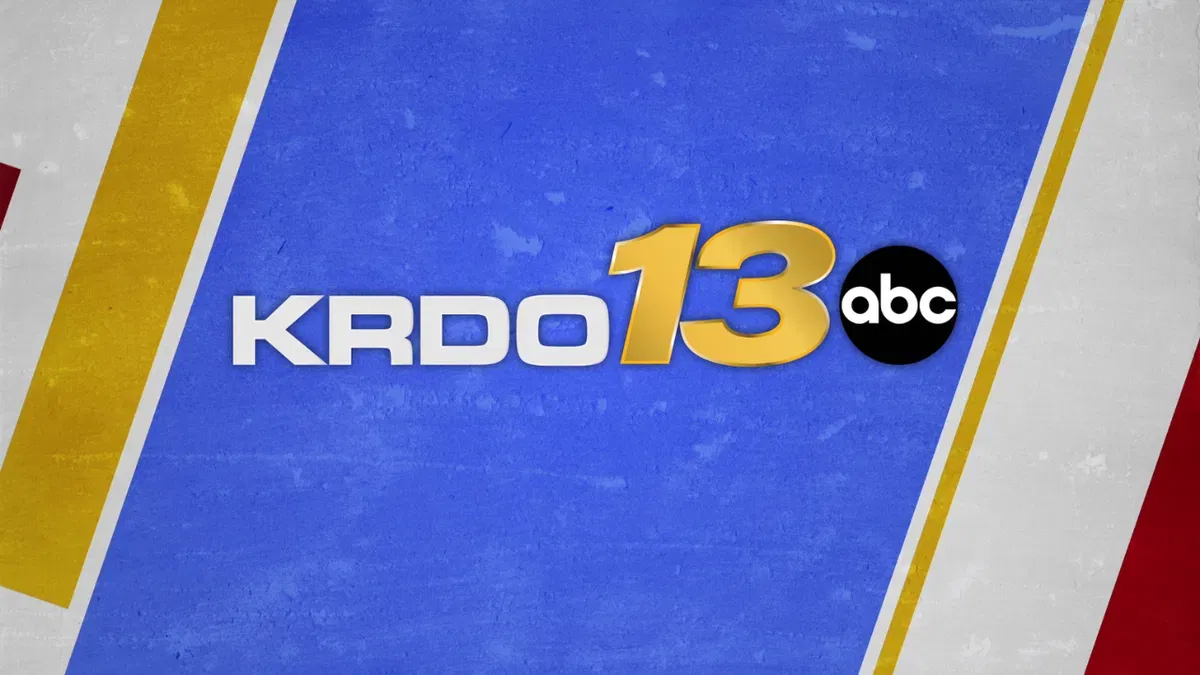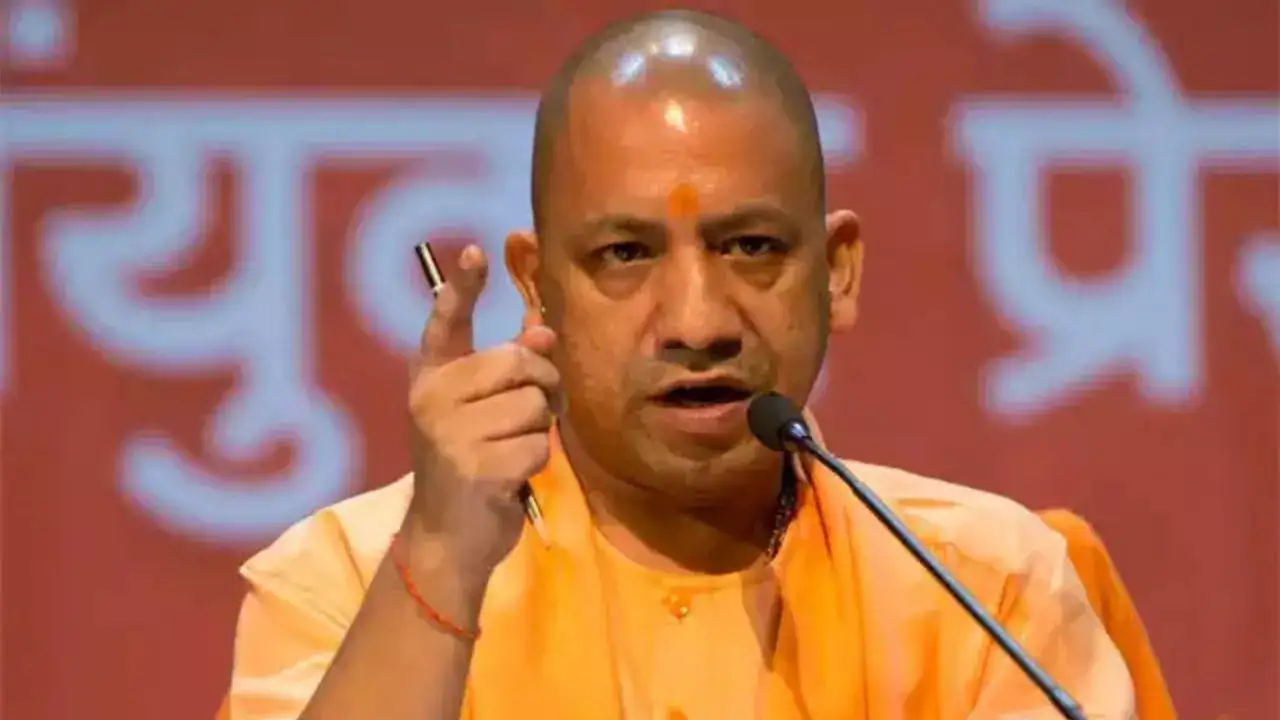Copyright scmp

South Korea has moved to calm speculation that China will lift an unofficial ban on the country’s entertainment industry in the wake of President Xi Jinping’s visit to the country. Lawmaker Kim Young-bae said Xi had responded positively to a proposed South Korean performance in Beijing, prompting a rise in entertainment companies’ share prices. “I hope that this will be the moment when the door opens to full-fledged K-culture advancement beyond the lifting of the THAAD ban,” Kim wrote on social media. South Korean films, TV shows and music were hit by an unofficial boycott in 2016 after the country approved the deployment of the US Terminal High-Altitude Area Defence (THAAD) missile system in the country – something Beijing described as a security threat. The ban saw the revenues generated by South Korean entertainment firms fall from US$781.79 billion in 2016 to US$135.55 billion the following year, according to the Korea Foundation for International Cultural Exchange. Xi’s visit during the Asia-Pacific Economic Forum summit, his first to the country in 11 years, included a dinner with President Lee Jae-myung that was also attended by Park Jin-young, a leading K-pop agent who also heads the presidential commission on cultural exchanges. During the visit, South Korea’s national broadcaster KBS signed a memorandum of understanding with China Media Group, a state-run media conglomerate that includes state broadcaster CCTV. The Korean broadcaster also announced plans to revive a joint annual music festival that ran between 1999 and 2016 and whose previous performers included Xi’s wife, Peng Liyuan. These events led to a sharp rise in South Korean entertainment firms’ share prices on Monday, with JYP Entertainment up by more than 5 per cent and SM Entertainment, which recently signed a partnership with Tencent Music Entertainment Group, gaining 1.26 per cent. However, Seoul tried to damp down speculation that the end of the unofficial boycott was imminent. The cultural exchange commission warned that Xi and Park had simply “exchanged greetings at an official diplomatic event” and warned against “overinterpreting” it as a shift in Beijing’s policy. “However, as the atmosphere of friendly cooperation between the two countries has been further enhanced through this Korea-China summit, it is expected that more active cultural exchanges will take place in the future,” the commission added. South Korean national security adviser Wi Sung-rak also urged caution, although he said the two presidents had promised to improve their people’s cultural “quality of life”. Wi said: “While there was a consensus on cultural cooperation, legal limitations prevented perfect coordination. I believe coordination can be achieved through practical efforts.” Park Ki-soon, a professor at Sungkyunkwan University, said Xi had sent a “significant signal” by indicating he was open to South Korean performers appearing in China. “Given China’s recent emphasis on diversity and openness in its cultural industry, limited exchanges, such as some K-pop performances and joint production projects, are likely to resume in the short term,” Park said. “However, a complete lifting of the ban is expected to proceed gradually, in line with the stability of bilateral relations and, particularly, with ongoing security and economic issues.” Park added that Xi’s comments were closer to a “will to restore relations” than an “immediate opening” and said the South Korean cultural industry should “approach this sign of change cautiously, seizing it as an opportunity”.



